Are you critical of mental illness? Or curious?
Read on to know how an open-minded, non-judgmental attitude can eradicate mental health stigma.
At the outset of my conversation with Lily Cornell Silver for The Hardcore Humanism Podcast, we discussed her work as a mental health advocate and as host of the interview series Mind Wide Open in which she talks with guests about mental illness to shed light on this important issue. And she shared a story of how she was challenged by someone who claimed that she was not a mental health “expert” and, therefore, not qualified to host this type of show.
I felt my blood boiling right away. I did not know who this person was, why they said what they said, or where they were coming from with their opinion. I was simply angry because it violated my sense of what was right in this world. From my perspective, Silver is stepping up and having meaningful and difficult conversations about the tough topic of mental illness to help reduce stigma — end of the story. This is a service to us all and should not be questioned or judged.
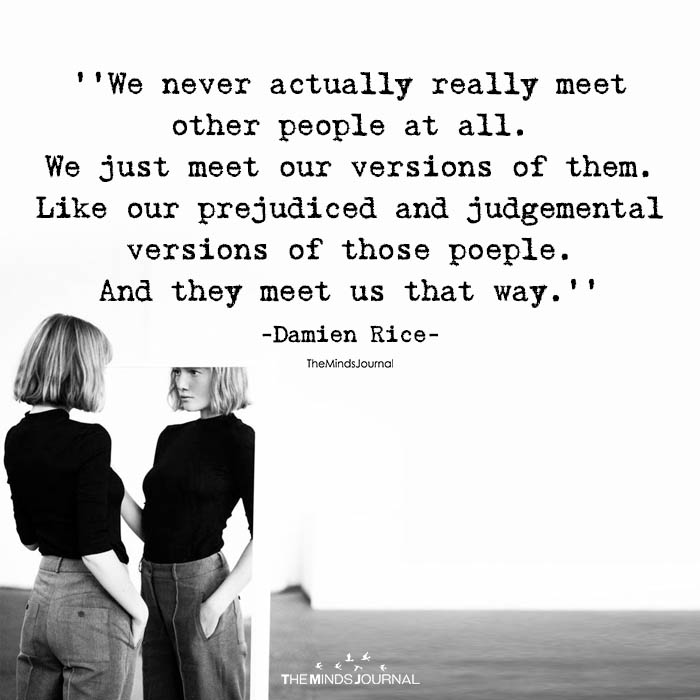
Read The Meghan Markle Interview: Are We Still Not Ready To Talk About Mental Health?
Silver on the other hand was much more poised and reflective in her response to this person’s challenge. “I think that’s such an interesting response and something that I come at with curiosity. Because that’s part of the stigma that I want to shed… everyone is allowed to talk about mental health, everyone is allowed to struggle with mental health. And you don’t have to have a degree in order to talk about it,” Silver told me. “Makes me wonder what they’ve experienced or what they’ve been told in their life to come at it from that perspective.”
Well, that was humbling. I’ve been in this field for decades, in theory working towards building an open-minded, empathic approach towards understanding people and their unique perspectives. Turns out I have a lot of work to do. Silver’s reaction was the more enlightened one because in order to combat the stigma of mental illness we need to be curious, not critical.
On a personal level, my path to embracing a curious approach to mental illness started 25 years ago when a supervisor told me that as clinical psychologists, we should strive to be curious about rather than critical of our patients. But embracing a “curious rather than critical” ethos has not been an easy journey for me. Criticizing myself and others was practically a second language.
The Dark Side Of Criticism
I just assumed that’s how the world worked. If we wanted to get anywhere in life or make real changes, it needed to come from a place of criticism. Criticism and the negative feelings that inevitably arose from it were the motivation necessary to fuel progress. Curiosity was something we exhibited at times but in which we didn’t invest much time or energy. I always took to heart that life was 1% inspiration and 99% perspiration. Who needs curiosity?
In retrospect, this perspective feels cringeworthy. I neither did it intentionally nor meant any harm by it. It’s just that harshly evaluating myself and others was how I encoded, understood, and related to the world. I assumed everyone did! And it worked to a degree in some areas. I was terribly judgmental about my academic performance and routinely obsessed about my grades and professional future.
Read Ways To Reduce Stigma Attached To Mental Health
My self-criticism motivated me academically, fueling long nights of studying, often at the expense of my social life. I was horribly critical of my weight and shape, and that at times got me to eat healthier and exercise more.
But overall, this critical approach to life caused more harm than good. There was no joy to it. My life was split into brief moments where I felt relieved that I had met my goals and the rest of the time anxious about addressing the next perceived criticism. And I probably spent more time fretting over rather than working on my life goals – often sitting alone trying to be productive while managing overwhelming and crippling anxiety at the same time.
There was no real coping – just a harsh, shaming self-talk demanding I push forward.
I just felt like a person running fast because someone else had a gun to my head and was telling me to do so. And I often found myself being unkind to people who didn’t deserve to be judged harshly because I was so anxious and irritable, harming my relationships. I was miserable – trapped in an invisible prison of my own making.
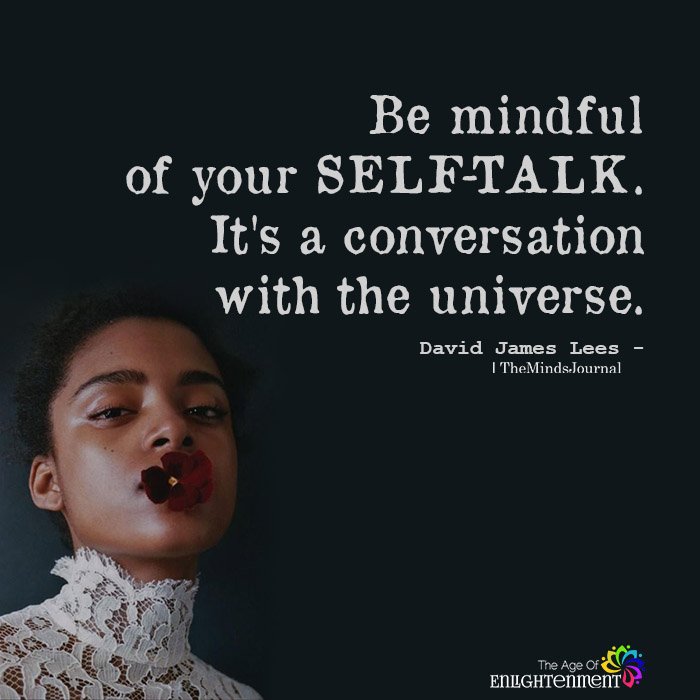
Also read 13 Characteristics Of A Mentally Healthy Person
The inevitable consequence of my “criticize first, ask questions later” approach to life was emerging mental health issues. Despite being a psychology major and in training to be a clinical psychologist, when I started graduate school at the age of 22, I was terrified at the mere mention of not being 100% mentally healthy. Therapy was this distant academic concept.
In fact, I saw the world as those who were mentally healthy and those who needed help. And as an aspiring mental health expert, I was convinced that I needed to be one of the healthy ones – even if it meant ignoring some rather obvious counter-evidence. So, the more I ignored, avoided or suppressed what I was feeling to keep moving forward, the worse things got.
Predictably, this approach to my life soon blew up in my face. My unrelenting anxiety caught up with me and eventually transitioned into a depression where for the first time in my life I was having trouble getting out of bed. I didn’t become curious about what was happening to me because of an evolved epiphany about the benefits of curiosity over criticism.
I became curious because I had no choice. I couldn’t avoid questions that were punching me in the face.
- Why was I anxious and irritable all of the time and constantly worrying?
- Was it normal to literally never feel relaxed or fully “in the moment?”
- Why did I never sleep through the night? Why did I binge eat and drink so often?
- What made me feel entitled to judge others?
I couldn’t just be critical any longer – I had to be curious to figure out what was wrong with me.
Curiosity Is The Key To Connection
It was then that I sought out therapy and began to see things differently. I started to recognize that almost every negative interaction I had started with either my criticizing myself or someone else criticizing me. A harsh critical mindset means that it is right and wrong, winners and losers, righteous and fallen.
So, even if I won the argument, I still felt like I lost because the world felt so harsh and unsafe. In contrast, almost every interaction that worked out well for me started with curiosity. The reason is that curiosity is the beginning of a connection. It’s the start of a constructive dialogue in which I’m trying to figure myself out or understand someone else.
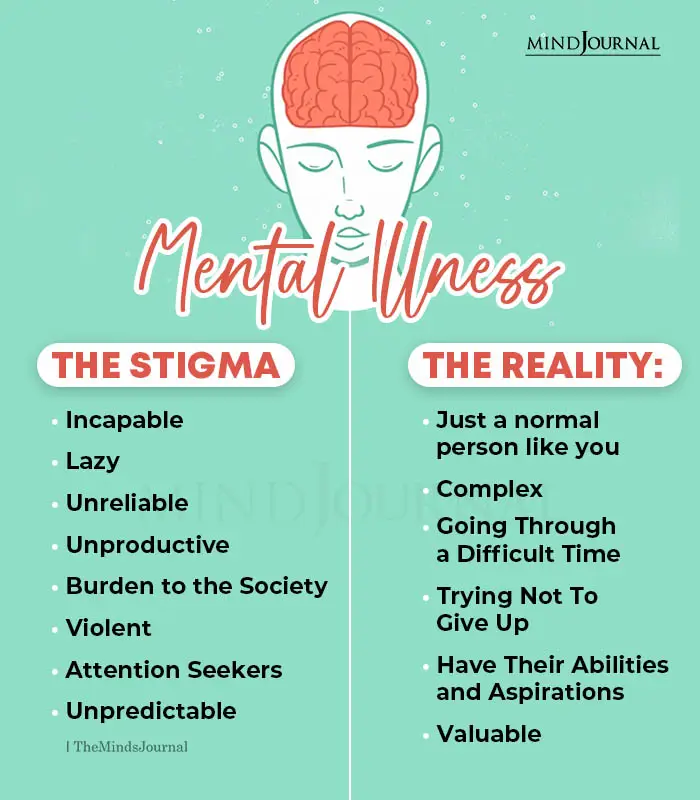
Maybe it was a new activity I’d never seen that I was open to trying. Maybe it was my wondering why I was anxious about something and following that train of thought to an effective coping strategy. It is limitless in its potential. And I found that it was actually more motivating – I felt like I was moving towards something good rather than away from something bad. But where it’s served me the best is in the area of my work – treating people with mental illness.
Be Curious About Mental Illness
I have to keep in mind my supervisor’s lessons and Silver’s example as I try to create open-minded, non-judgmental, and constructive discussions with my patients. To be sure, it’s an ever-evolving effort and an ongoing journey.
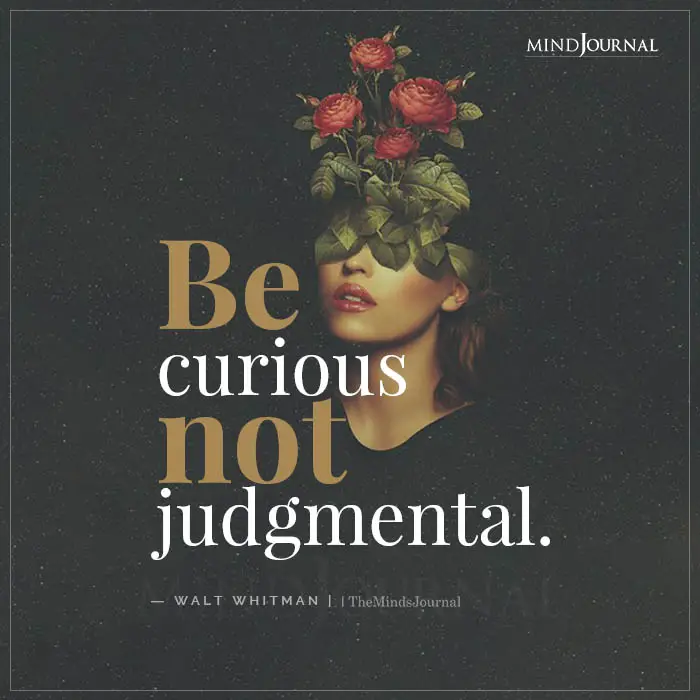
And this is what we need to do as a field – mental health practitioners and advocates – and as a society comprised of people who struggle with mental illness, their friends, family, colleagues, and associates. We need to change the conversation from being critical of mental illness and stigmatizing those who suffer into one where we are curious.
We need to make that simple pivot of asking ourselves in a curious rather than critical way – what are we feeling, doing, or thinking? Do we need help? Are there ways that we can explore to cope more effectively? And all of the stakeholders need to come together to make this shift in the culture around mental illness so that people can see mental illness as the beginning of a curious and productive conversation with themselves and others, rather than the beginning of a nightmare of criticism and stigma.
Thanks, Lily Cornell Silver, for your leadership. I’m curious to see how we as a society learn this lesson.
Written by: Michael Friedman, Ph.D Originally appeared on: Hardcorehumanism.com Republished with permission
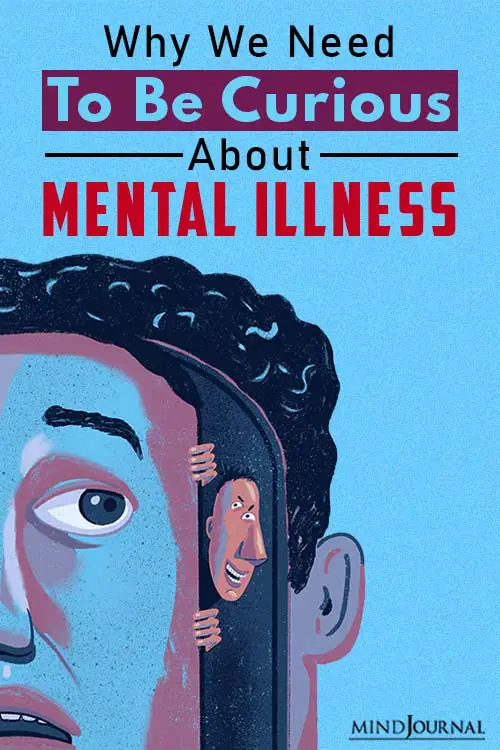
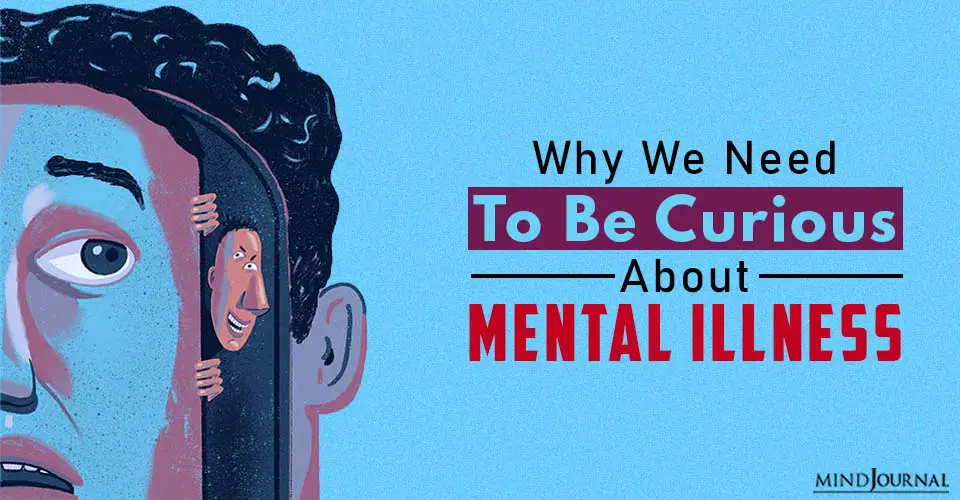


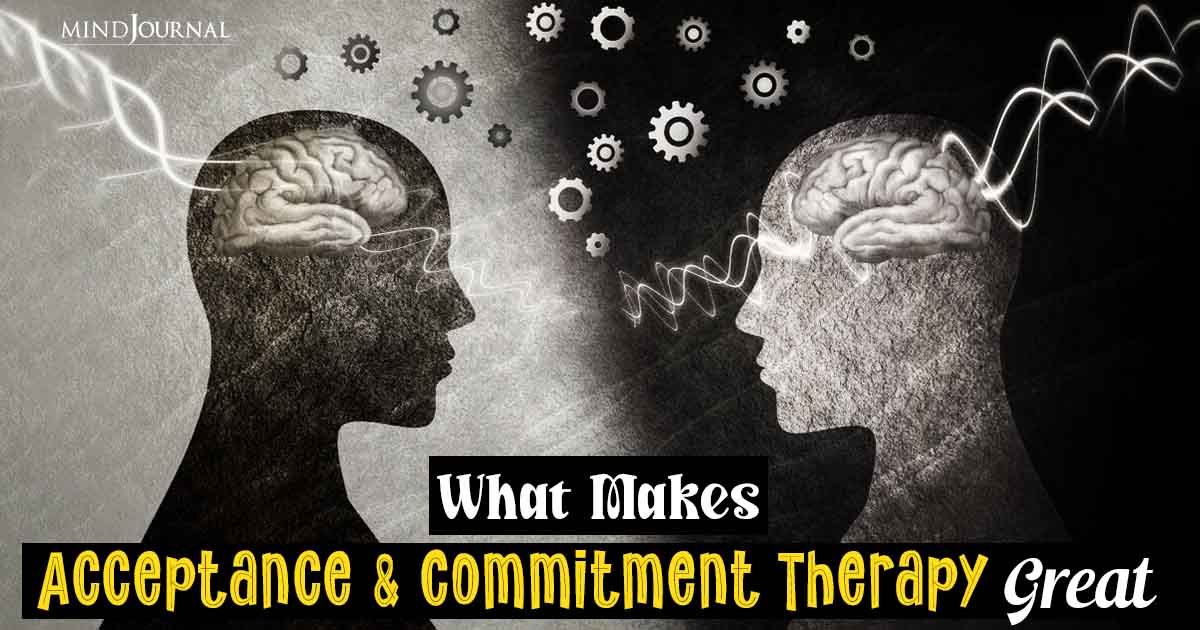




Leave a Reply
You must be logged in to post a comment.